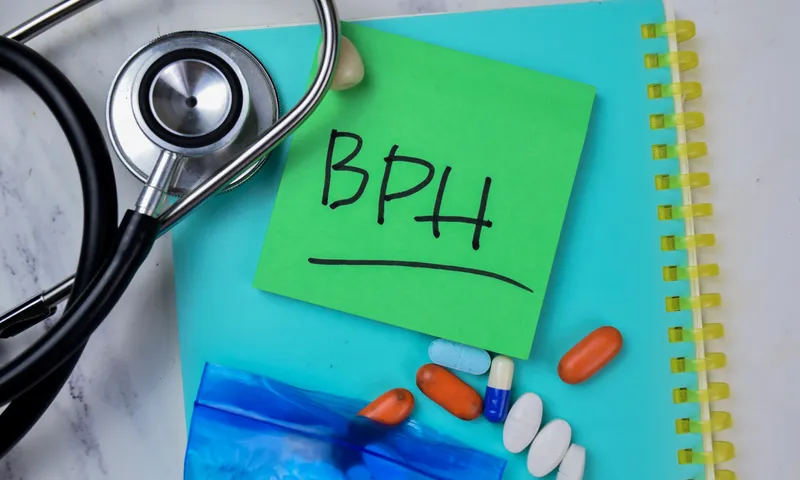Can Enlarged Prostate Cause Diarrhea?

When people think of prostate issues, they usually think of urinary problems: frequent bathroom trips, trouble starting or stopping urine flow, or waking up multiple times during the night. But some men report unexpected digestive changes as well, such as diarrhea. So, can an enlarged prostate cause diarrhea, or is something else going on?
What Does the Prostate Do?
The prostate is a small gland located below the bladder and in front of the rectum. It plays a key role in the male reproductive system by helping produce semen and surrounding part of the urethra where the tube that carries urine and semen out of the body. As men age, hormonal changes such as a decrease in testosterone can cause the prostate to grow. This condition, known as benign prostatic hyperplasia (BPH), is extremely common and non-cancerous. BPH can put pressure on nearby organs, especially the bladder and urethra, leading to classic urinary symptoms. Some men also report feeling rectal pressure or fullness, which raises the question of whether an enlarged prostate might also affect bowel movements.
Can Enlarged Prostate Cause Diarrhea?
Technically, the prostate doesn’t directly cause diarrhea. However, its location near the rectum means that when it becomes significantly enlarged, it might put pressure on the lower bowel. This can lead to a feeling of rectal fullness, increased urgency, or the sensation of needing to have a bowel movement more often. In some men, this pressure may even contribute to changes in bowel habits. Still, true diarrhea such loose, watery, and frequent stools, is not typically a direct result of an enlarged prostate.
If you’re experiencing both prostate issues and new or persistent diarrhea, there could be another explanation. Gastrointestinal symptoms might be related to diet, stress, infections, irritable bowel syndrome (IBS), or medications used to manage prostate conditions. It’s important to speak with your healthcare provider to rule out other causes and ensure both digestive and urinary symptoms are properly addressed.
Side Effects from Medication
Some men with BPH take medications like alpha-blockers or 5-alpha-reductase inhibitors. While these are designed to improve urinary flow, they can occasionally cause gastrointestinal side effects, including loose stools or changes in digestion. It’s worth reviewing any new meds with your doctor to see if they could be contributing to your symptoms.
When to Talk to a Doctor
If you’re dealing with both bowel and prostate symptoms, don’t ignore it. It might be a coincidence, but it’s important to rule out more serious issues with a proper medical evaluation. Conditions like colorectal problems, infections, or inflammatory bowel disease can also cause diarrhea and may need prompt medical attention to prevent complications.
Bottom Line
No, an enlarged prostate cannot cause diarrhea directly. It may however contribute to feeling of rectal pressure or urgency in some cases. If diarrhea is persistent or accompanied by other unusual symptoms, it’s best to consult your healthcare provider. The gut and urinary systems are closely connected, and it never hurts to get a professional opinion when something feels off.
IMPORTANT NOTE: The above information is intended to increase awareness of health information and does not suggest treatment or diagnosis. This information is not a substitute for individual medical attention and should not be construed to indicate that use of the drug is safe, appropriate, or effective for you. See your health care professional for medical advice and treatment.


